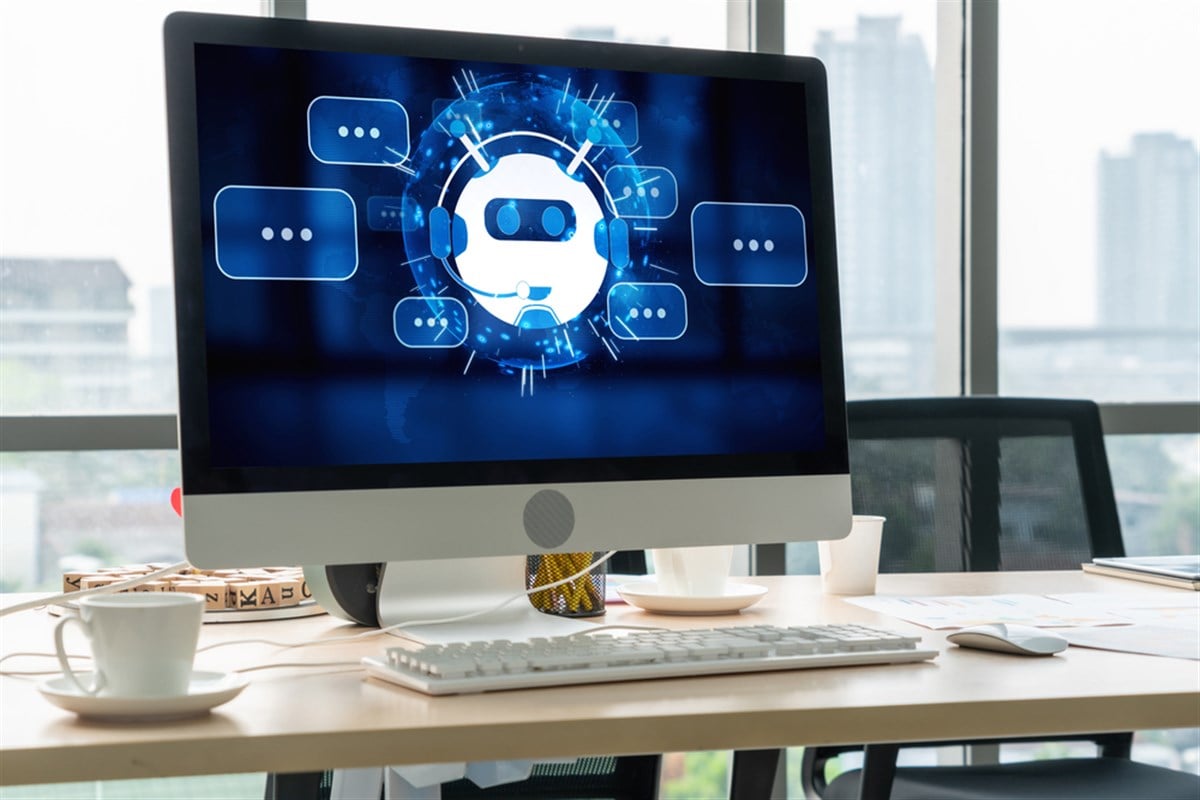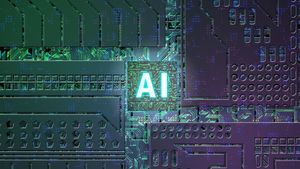
The talk of artificial intelligence (AI) agents is becoming more commonplace these days. If you're not familiar with them, it's easy to assume they are "AI-powered" chatbots found on customer service pages that provide canned answers to questions and give you links for more information.
AI agents, also referred to as Agenic AI, are much more sophisticated software programs that leverage AI to achieve a specific goal by autonomously making complex decisions using data analysis and machine learning to plan and take action. AI agents learn and adapt to changing contexts and environments. They are like digital assistants that can make decisions, perform tasks to complete workflows, and communicate with other agents, all in order to accomplish desired outcomes. They are considered a seismic paradigm shift in the computer and technology sector and the next evolution of AI applications.
What Are RPA Bots and How Do They Differ From AI Agents?
Robotic process automation (RPA) bots are software “robots” that automate repeatable tasks. RPA bots are used to handle less complex repetitive tasks, often time to free up humans to work on more complex tasks.
RPA bots follow pre-defined rules, instructions and workflows. RPA is deterministic using fixed and rigid rules where the same input results in the same output with no deviation every single time. Data must be structured and formatted accurately in the appropriate field so the bots can follow the instructions to a tee. They do not stray from them, like robots.
AI agents can analyze and extract unstructured data from different sources, such as documents, emails, videos, voice recordings, and images. Agenic AI is probabilistic and flexible, where uncertainty and randomness can play a role in the decision-making process. They make independent decisions and design their workflows to achieve a goal while adapting to any changing conditions and learning along the way. The more AI agents do, the more they learn and improve the process. Eventually, they will be as close to having a real human expert problem-solve to achieve specific goals better each time.
Here are three companies that are leading the revolution in AI agents.
UiPath: Combing RPA Bots and AI Agents to Develop Agenic Process Automation (APA)
As the global leader in RPA technology, UiPath Inc. (NYSE: PATH) is uniquely positioned at the forefront of the transition from RPA bots to more sophisticated AI Agents. UiPath is aware of the pain points arising during process mining and management. AI agents are the link to ratchet up the complexity of tasks so that UiPath’s products and services can better automate them.
AI Agents take it beyond just automating repeatable tasks and actually create more efficient workflows and processes. They do the actual problem-solving. Since UiPath already has a strong customer base, adding or upgrading AI agents or Agenic AI would bolster their billings and net retention rate (NRR). UiPath has already coined a new term, agenic process automation (APA), which combines RPA and agenic AI to handle complex decision-making and problem-solving tasks. UiPath is developing platforms for building and deploying AI agents.
ServiceNow: Putting AI Agents to Work Now
Leading enterprise platform-as-a-service (PaaS) provider ServiceNow Inc. (NYSE: NOW) is ahead of the game as they already offer ServiceNow AI Agents on their platform.
The platform enables clients to build their own AI agents to autonomously complete tasks and collaborate with employees to augment their productivity.
They are designed to work in the background and manage processes, handling routine tasks and resolving issues, which can free up work to handle more priority and strategic work.
Salesforce: Rolling Out the Agentforce Agents
Customer relationship management (CRM) leader Salesforce Inc. (NYSE: CRM) has already rolled out its agenic application called Agentforce Agents. These are autonomous applications that provide specialized 24/7 support to employees and customers. They can be customized to execute specific tasks associated with their role. Users specify what the Agentforce Agent's role is, what goals they can take action to fulfill, what the guidelines are, and which channels they can use, ranging from the web mobile to Slack and WhatsApp owned by Meta Platforms Inc. (NASDAQ: META).
AI agents are still in their infancy as the rollouts of the services deploy them for routine and non-mission critical tasks working in the background, but they will evolve with time to handle more complex issues. Meta CEO Mark Zuckerberg sees a future where sophisticated AI agents could outnumber people on the planet.






